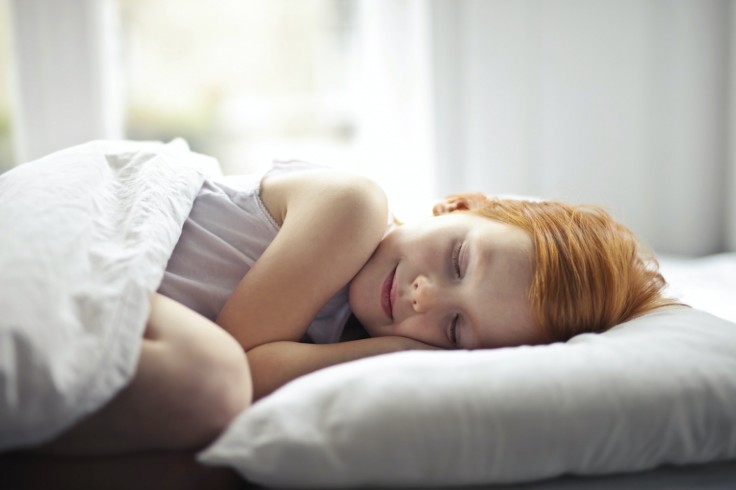
The NHS recommends around 11 hours of sleep every night for children between 4 and 5 years of age and choosing the right mattress for your children is going to help them sleep more comfortably. We all want the best for our kids and that includes making sure that they sleep in a comfortable bed that'll support their growth. But, what goes into choosing the best mattresses for your child? How do you know when you've found the right one?
We'll explore answers to these and other questions below so read on for more!
What is the best mattress for kids?
Pretty much any type of mattress can work for kids from hybrids to inner spring mattresses. But, you can save more money by opting for an all-foam option.
Memory foam can be a good option for children too, thanks to its comfortable and pressure-relieving design. Just make sure that the memory foam is non-toxic and eco-friendly.
How thick should a child's mattress be?
No matter the age, support and comfort should be the first priorities when shopping for a child's mattress. Thin mattresses aren't good for kids with developing bones and joints, because they're too firm and uncomfortable.
But, you don't want the mattress to be too thick either. Keep it balanced by opting for a thickness of between 8 to 10 inches.
Firm or soft?
If the child is over 4 or 5 years of age, mattress firmness should be up to them based on their favorite sleeping position.
Generally, if your child is more of a back sleeper, you want something medium-firm; for a side sleeper, something on the softer end; and if they're more of a stomach sleeper, something on the firmer end.
Basically, you want a mattress that offers the perfect firmness and resilience to grow with your child.
Materials
With kids, accidents can happen at any time so you want a mattress that's easy to clean and maintain.
A PVC-surface is popular with children's mattresses because it's waterproof and easy to clean. All you have to do is wipe off any little "accidents" that happen with a damp cloth and you're good to go.
On the other hand, stain resistant covers can be taken off the mattress and thrown into the wash. They're also great for when your child is sick because you can just remove and wash it when they get better.
Size
Kids usually want a large mattress that's not bouncy so they can get their 10 hours of sleep comfortably. But, a regular full-sized bed would work perfectly for a kid in elementary school all the way through high school.
Sleeping Position
Children move around a lot throughout the night and sleep in all types of different positions-sometimes even upside down! Whether your little one is a back sleeper, a side sleeper or a stomach sleeper, you want to make sure they're comfortable sleeping on the mattress.
The general rule of thumb is to find a bed that'll keep your child's spine straight, whether they sleep on their side, back or bellies.
Quality
When it comes to children's mattresses, you don't need anything overly advanced or that has a thick comfort layer. It should be durable and made to last for a number of years.
You should also make sure that the mattress comes with a warranty period that will last for as long as you own it.
Support
You want your child to have healthy, quality sleep and for that to happen their bed needs to enhance spinal alignment.
Kids should feel great pressure relief when lying on their sides, as well as good balance, support and contouring when lying on their back. Children also need a certain amount of support and bounce from their mattress because they don't weigh as much as adults.
You also want to consider the response of the mattress. Does it move so slow that it makes them feel stuck? Or is it responsive enough that it's easy for your little one to move around?
Keep in mind that memory foam is not the most responsive when it comes to relieving pressure on the sides.
Talk to your pediatrician for advice on what type of bed would be the most supportive for their spine, especially if they have existing structural issues.
Shopping for a mattress is tricky enough for adults, but shopping for your kid can cause added stress. Hopefully, this guide will take some of the pressure off and make it that much easier to find a comfortable and long-lasting mattress that your child will enjoy sleeping in.